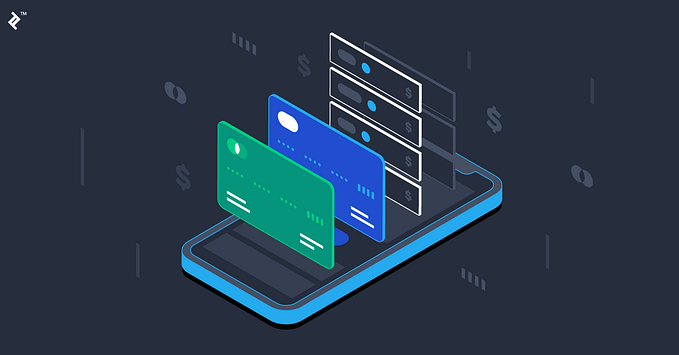
Member-only story
UX upfront: pre-design research for product success
Usability testing is often the first thing people think of when asked about UX research. But testing a completed product, design, or prototype for usability issues can only occur after some design work has been completed, and there are many types of research activities that can contribute to a design’s success before it even begins.
Pre-design research to ensure product success
It is convenient to think of design research occurring across three phases of product development — pre-design, pre-development, and post-development. In any stage of product development, all research activities should be motivated by a specific research goal. While research goals can be easier to define in later product stages, upfront work is also goal-driven, although the goals are often more broadly defined. Specific research goals will probably focus on defining or refining a problem statement, identifying and understanding a target market, and specifying the scope of initial product releases. Ultimately, research goals at this stage of product development center around fundamental questions of what to build and who to build it for.
Here are some common goals for research occurring near the start of the product lifecycle
Define problem — what problem does your product solve, for who, and why is it not yet solved?
Refine solution — is your product the best solution to the problem? Why, how, and what does it do better than any existing solutions?
Understand market — what other solutions are in your problem space (including existing hacks if there isn’t yet a great solution), know who your competitors are (both direct and indirect) and what their distinguishing features are, and identify areas of opportunity where there are gaps in what currently exists
Research activities: market analysis; competitive analysis
Understand users — who are they, what is their problem, why is it a problem, what do they do now, what do they want, what would they love, what do they not even know they want because it never occurred to them that they need it?
Research activities: user interviews; survey; ethnography; contextual inquiry; personas; storyboarding; user flow; empathy…









